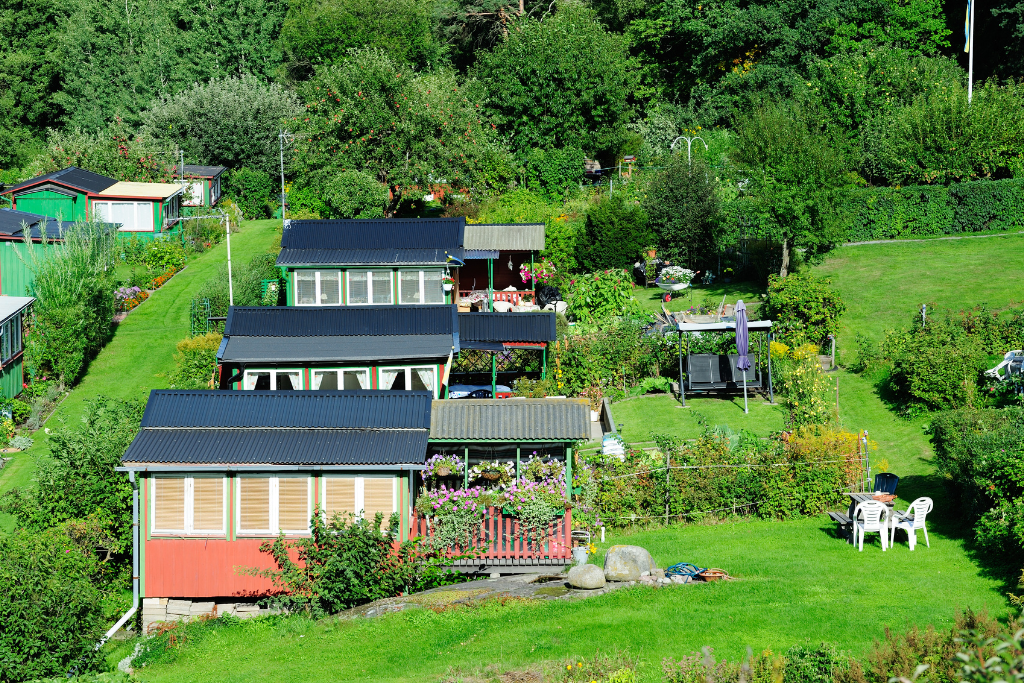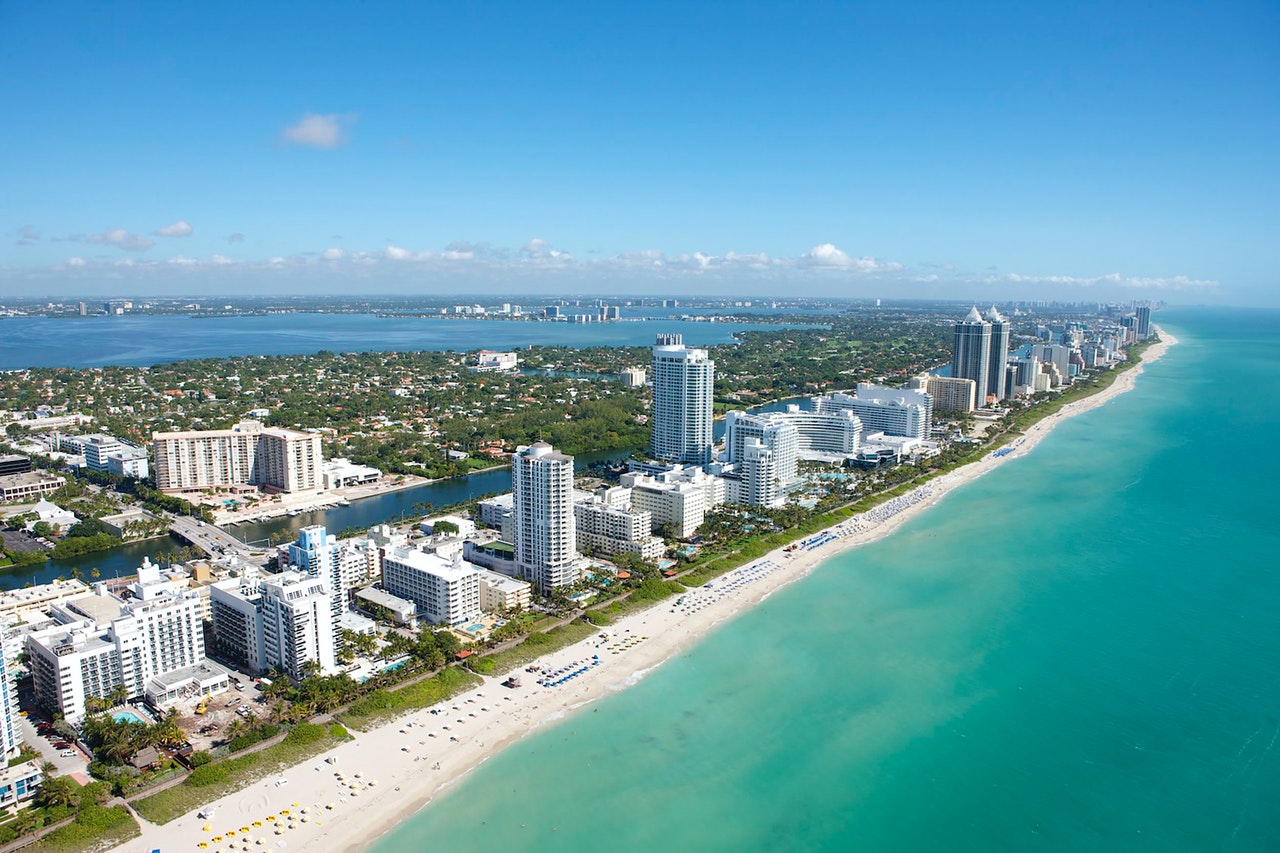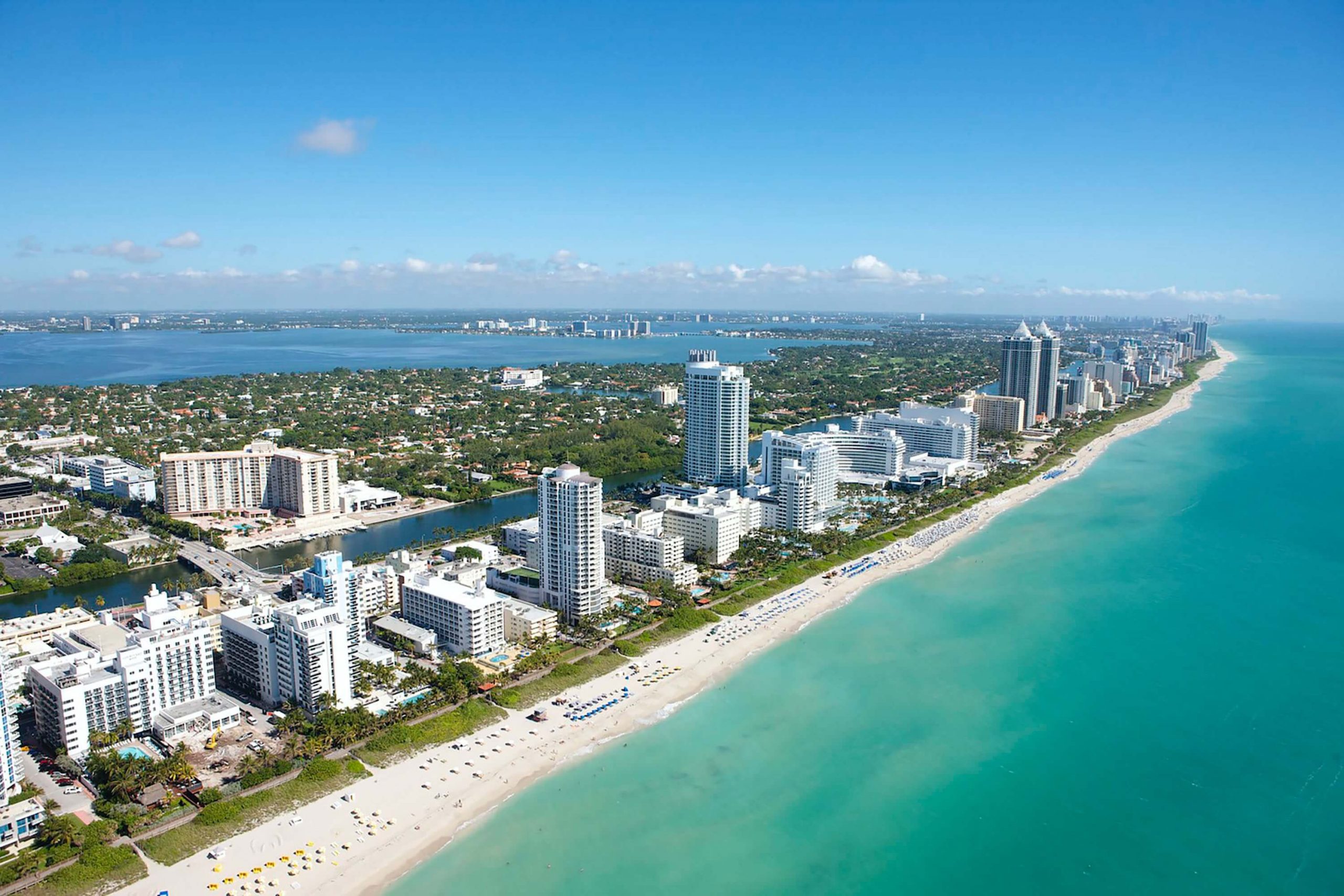Home Tips and Tricks
Your one-stop resource, where we share tips, guides, and advice to make your moving process smoother and more efficient.

Explore Designs, Costs, Regulations & More for Your Perfect Petite Abode!

Find a reliable moving company, truck rental or moving container
For your move to Florida, you will need to hire a reliable moving company or take on the move yourself.

Many people move to Florida, whether they have a profession or not.

The average cost of living in Florida is $2,171.70 per month.
Recommended pages
Welcome to the MovingWaldo Blog, your comprehensive resource for all things related to moving. Our mission is to make your moving experience as smooth and stress-free as possible. Whether you’re moving across the street or across the country, we’re here to help.
Our blog is packed with a wealth of knowledge and expertise from our team of moving professionals. We share a wide range of content, from practical tips and step-by-step guides to advice on navigating the emotional aspects of moving. We cover everything from packing and organizing your belongings, to finding the right moving company, to settling into your new home.
We understand that every move is unique, and our blog reflects that. We provide information tailored to different types of moves, including local moves, long-distance moves, and even international relocations. We also address the specific challenges associated with different types of properties, such as apartments, houses, and office spaces.
But our blog isn’t just about the logistics of moving. We also focus on helping you make your new house feel like home. We offer advice on interior design, home organization, and even how to meet your new neighbors.
At MovingWaldo, we believe that moving is more than just a physical process. It’s a major life event, full of opportunities for growth and new beginnings. Through our blog, we aim to support you in this journey, providing you with the tools and knowledge you need to navigate your move with confidence.
So whether you’re in the early stages of planning your move, in the midst of packing boxes, or settling into your new home, we invite you to explore our blog and make use of the resources we have to offer. Happy moving!

Alexa Polichronis
Head of content
For media inquiries, contact us.
917 Mont-Royal Ave E,
Montreal, Quebec H2J 1X3
1 (844) 258-MOVE (6683)
Easily compare multiple quotes
Guided through a checklist
Get up to speed on the new deals
Update your address in a few clicks
Become a trusted vendor in your service area
MovingWaldo is a one-stop-shop that simplifies tackling moving tasks
What is MovingWaldo?
We guide millions of families through each step of their moving process, helping them save time and money, and making sure nothing gets left behind.
Comparez plusieurs devis
Guidé à travers une checklist
Mettez à jour votre adresse en quelques clics
Soyez au courant des nouvelles offres internet à domicile
Devenez un fournisseur de confiance pour desservir votre région
Prolongez la relation avec vos clients grâce à votre propre plateforme de déménagement personnalisé
Qu'est-ce que MovingWaldo ?
MovingWaldo est un guichet unique qui simplifie la planification du déménagement